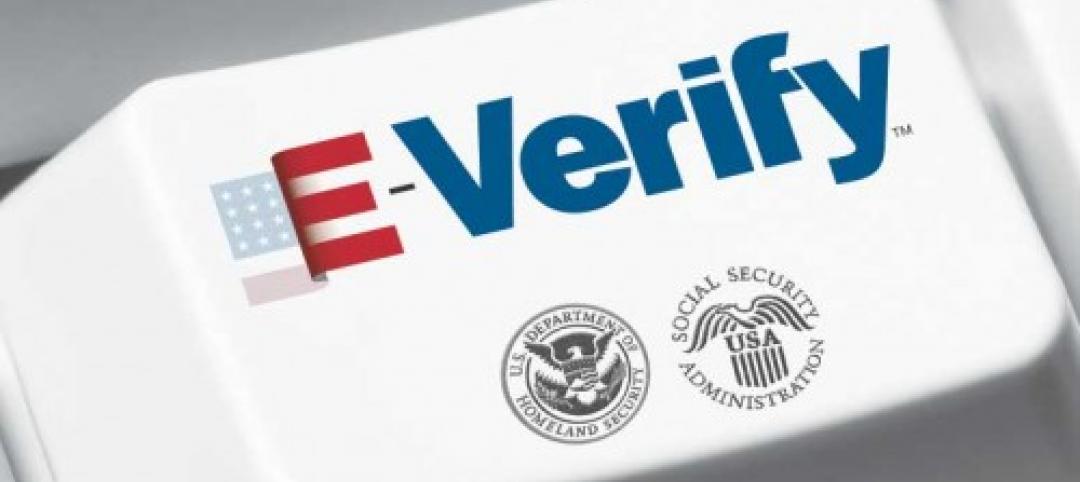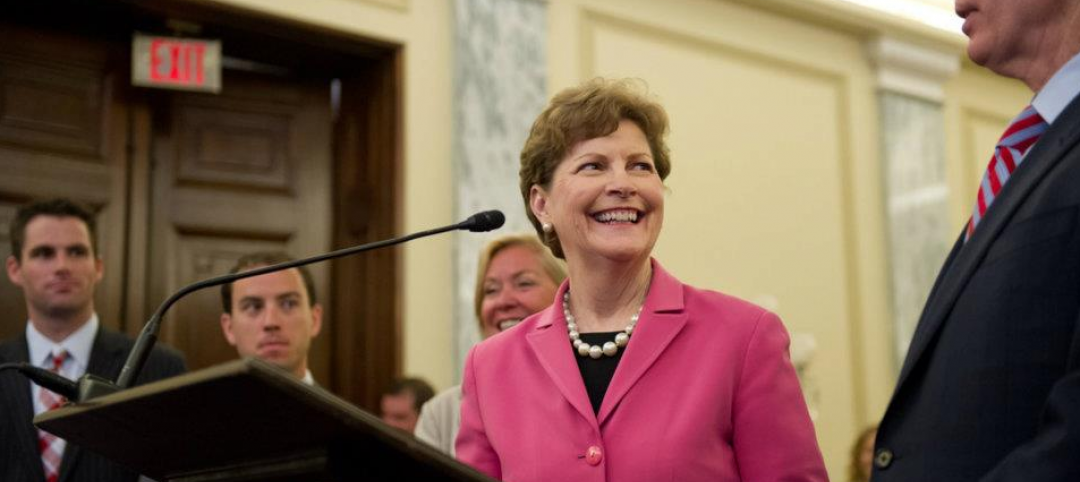The benefits of installing solar arrays on the rooftops of commercial buildings continue to grow.
Reduced hard costs due to falling prices, along with a more favorable regulatory environment, have magnified potential income from rooftop solar. The most common financial arrangement has been for the property owner to own the solar system, pay for the installation, and use the energy generated by the system to offset utility costs via net metering.
Another option is a solar site lease model. The owner of the property leases roof space to an experienced solar developer that finances and owns the solar array. The owner of the property makes money from rooftop lease payments—typically for 20+ years.
A similar option to solar site leases is a Power Purchase Agreement (PPA), in which the property owner signs a contract to purchase electricity generated by the array at rates below the utility retail rate. The solar developer pays for the system and uses the roof space at no cost.
Beyond such direct financial benefits, rooftop solar can help properties achieve compliance with ever more stringent environmental regulations. For example, some jurisdictions have passed laws that will penalize buildings that have not taken steps to reduce their carbon emissions.
Related Stories
| Oct 8, 2013
New Orleans advances $1 billion construction plan including new airport terminal
New Orleans plans to invest $1.1 billion in construction projects over the next five years.
| Oct 8, 2013
Report on large New York City buildings shows progress on energy efficiency
Buildings in New York City have been found to have a median score of 67 out of 100 in Energy Star's Portfolio Manager, an increase from 64 last year, and above the national average of 50, according to a study prepared by the Natural Resources Defense Council for the office of Mayor Michael Bloomberg.
| Oct 8, 2013
ConsensusDocs offers online prequalification management application to boost industry efficiency
In collaboration with ConsensusDocs, iSqFt has launched a new online platform designed to make the prequalification process for contractors and subcontractors seeking new work more efficient.
| Oct 8, 2013
Government shutdown closes E-Verify, could hamper construction hiring
E-Verify, the online federal program used to check the immigration status of prospective hires, has been closed due to the federal government shutdown.
| Oct 3, 2013
Florida contractors worry that regulations will hamper their ability to hire
Regulations such as the E-Verify rule and the Affordable Care Act could hinder contractors from hiring additional workers, according to some Florida contractors.
| Oct 3, 2013
Fall protection violations top OSHA citations list
Violations of fall-protection standards in fiscal 2013 are again the most frequent source of citations from the Occupational Safety and Health Administration, according to its top 10 list.
| Oct 3, 2013
Arizona utility pushes for change in building codes to boost efficiency on all commercial projects
Many large construction projects in Arizona are going green by paying attention to energy efficiency, but smaller buildings that are often rented out haven't yet jumped on the bandwagon.
| Oct 3, 2013
Bipartisan energy efficiency bill stalled; may not be revived this year
The Senate spent the first two weeks of September trying to pass bipartisan energy efficiency legislation, commonly known as Shaheen-Portman (S. 1392) that would have impacted building codes.
| Oct 3, 2013
LEED credential exams will feature LEED v4 material beginning next spring
The LEED Professional Credential exams for the LEED Green Associate and LEED AP with specialty designations will feature LEED v4 material beginning in late spring 2014.
| Sep 26, 2013
Ballot period on National CAD Standards open until Oct. 13
The Ballot Comment Period to update the nation’s leading computer-aided design (CAD) standard is now open.











